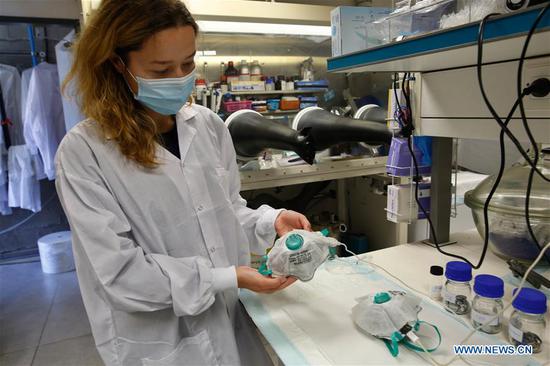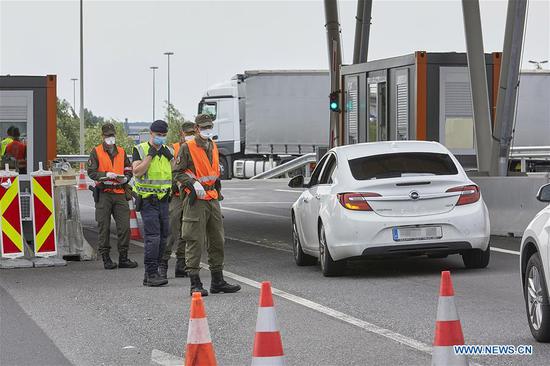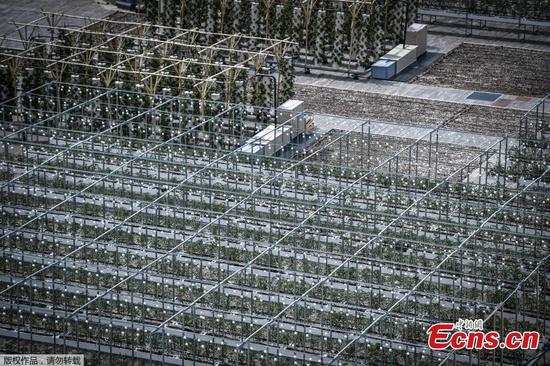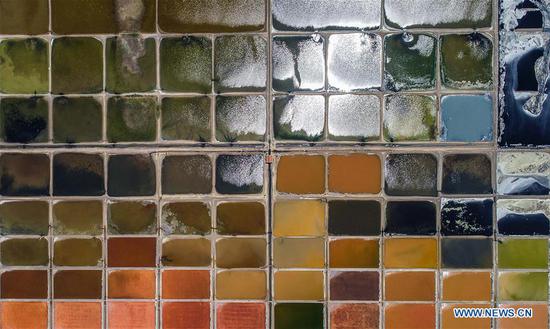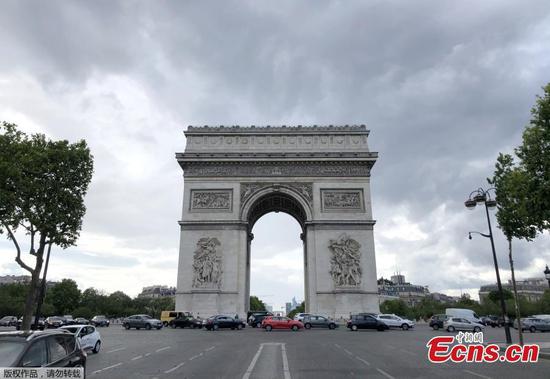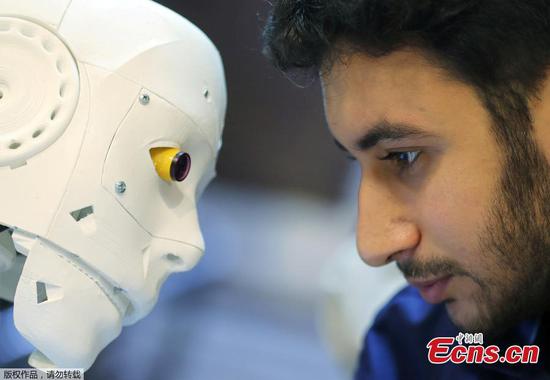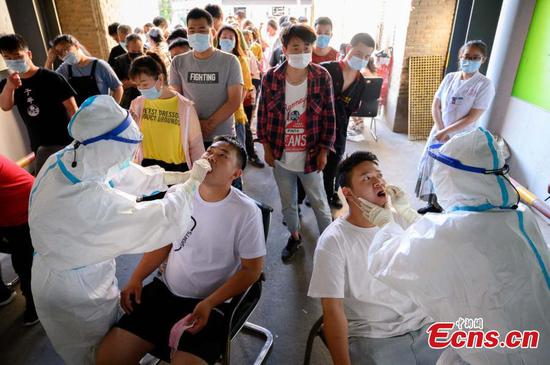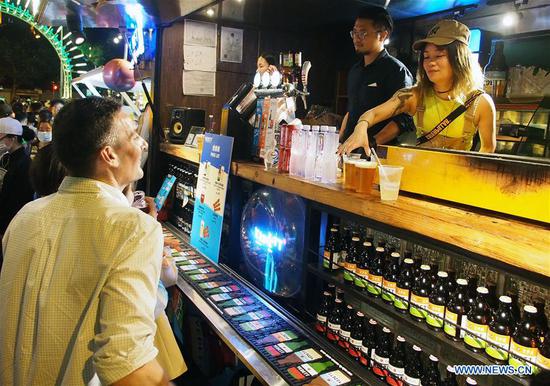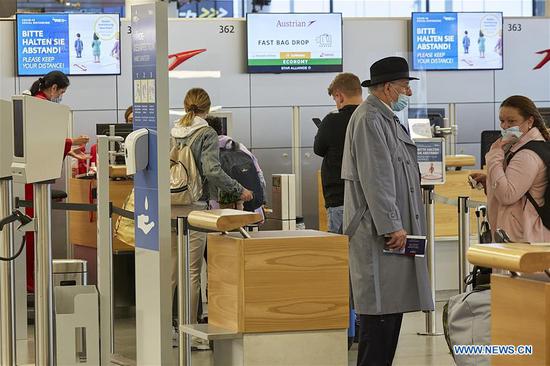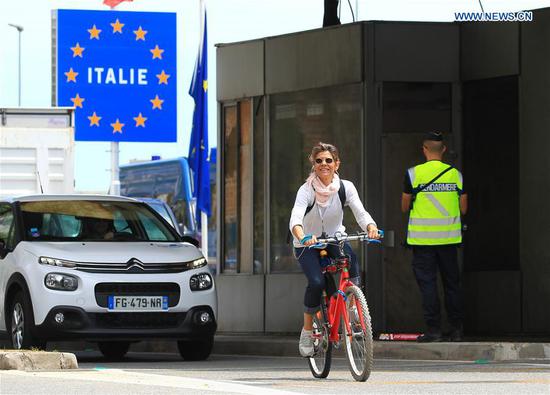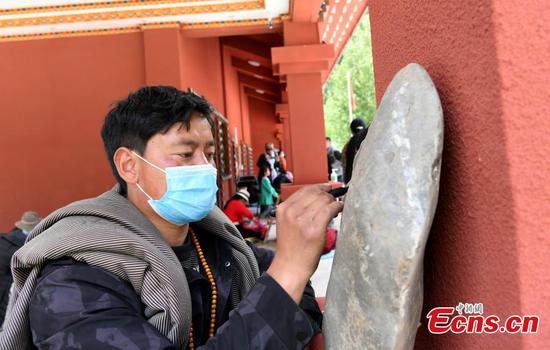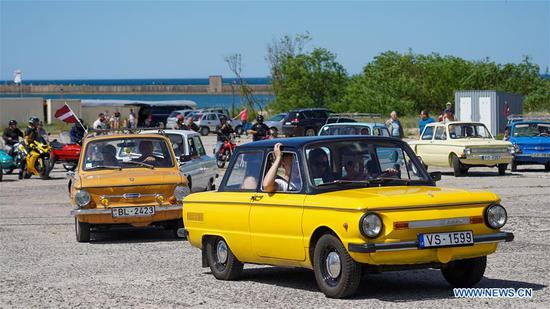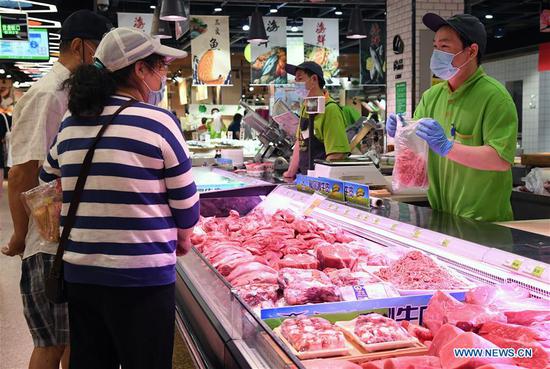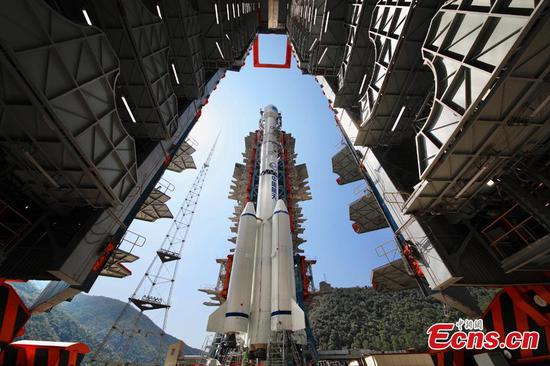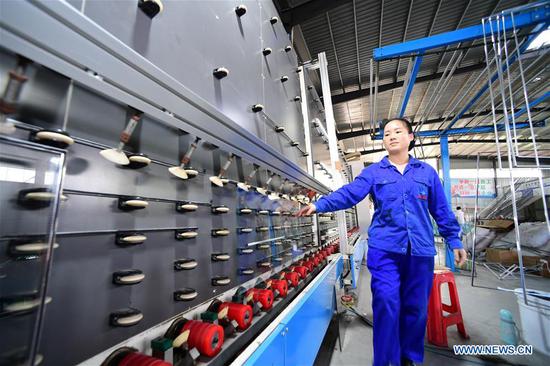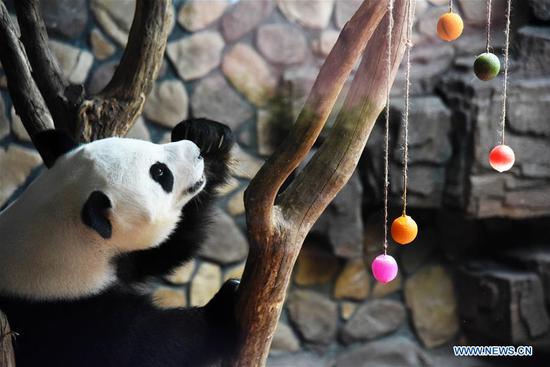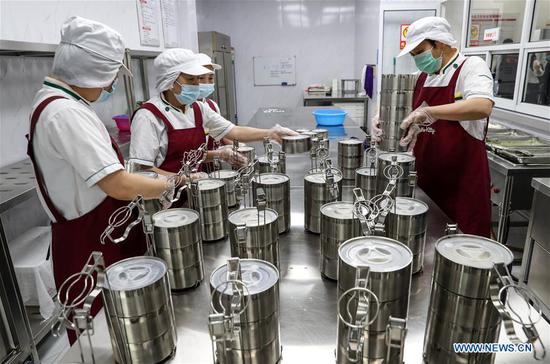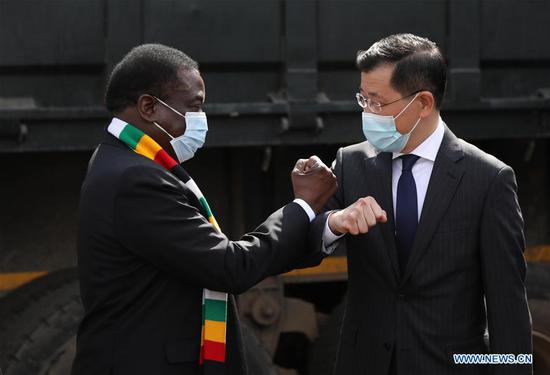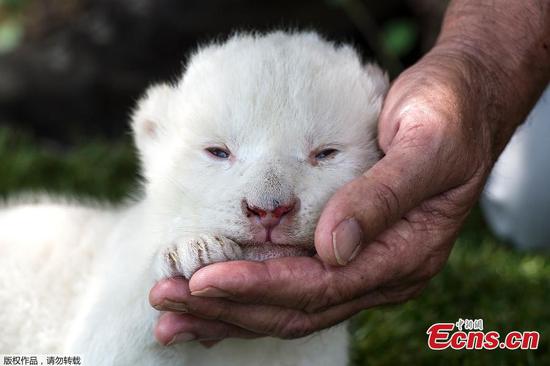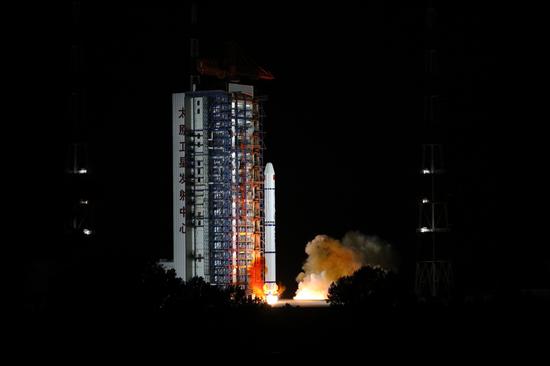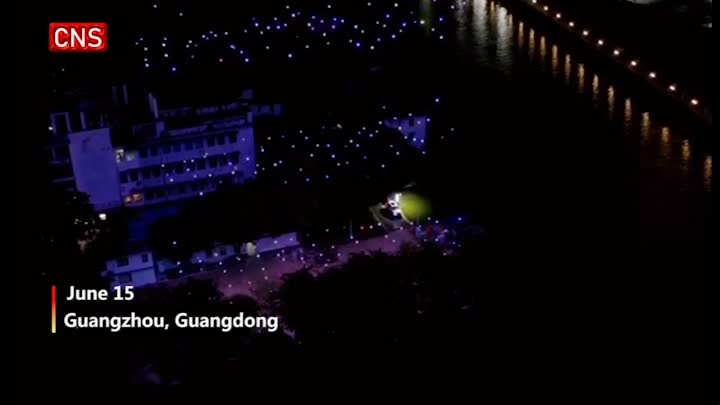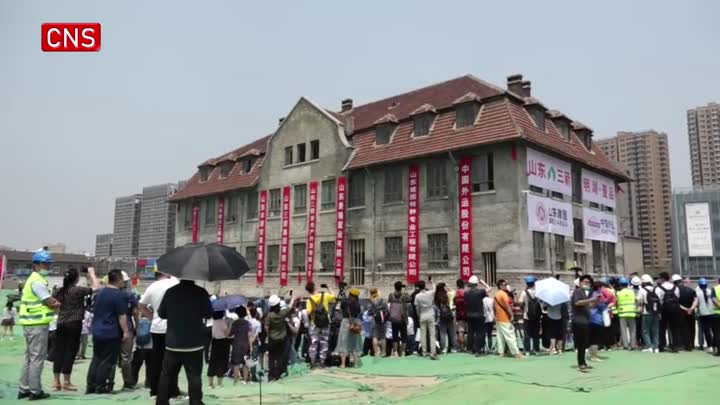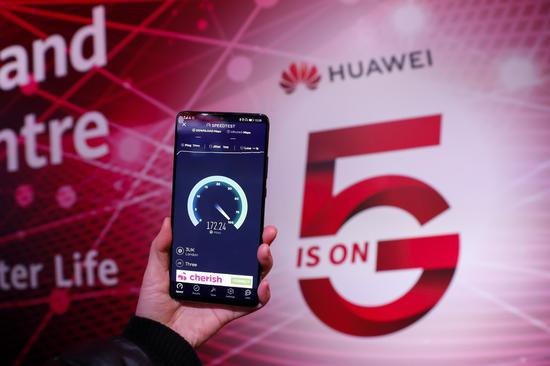
Huawei 5G Innovation and Experience Center in London, Britain, Jan 28, 2020. (Photo/Xinhua)
Huawei Technologies Co overtook Samsung to become the world's largest smartphone maker in April, despite the double challenges of the US government's tightened restrictions and the COVID-19 outbreak's economic fallout, a new report showed.
Huawei accounted for 21 percent of the global smartphone market in April, thanks to reviving smartphone shipments in China. In comparison, Samsung saw its market share stand at 19 percent, amid COVID-19-related lockdowns in markets such as India, according to data from market research company Counterpoint.
This is the first time Huawei has surpassed Samsung, after the company expressed in 2016 its aim to be the world's No 1 smartphone maker within five years.
Experts said Huawei's ascent against all the odds reflects the company's popularity among Chinese consumers, but challenges still exist for its overseas businesses. It remains to be seen whether Huawei can occupy the top spot for the upcoming months, they said.
Peter Richardson, vice-president and research director of tech strategies at Counterpoint, said, "Huawei is leading the China market, which started to recover relatively quickly at almost the same time when many other markets around the world underwent lockdowns."
Xiang Ligang, director-general of the Information Consumption Alliance, a telecom industry advocacy, said the Chinese smartphone market was the first to get out of the COVID-19 lockdown and the first to begin to recover, which gives Huawei an edge over its competitor Samsung.
"China is the world's largest smartphone market. Samsung's limited presence in China has considerably harmed its business," Xiang said, adding that Samsung's business in India is also heavily affected due to city lockdowns.
But it is worth noting that China's smartphone market failed to maintain strong growth momentum in May. The latest data from the China Academy of Information and Communications Technology, a government think tank, showed that over 32.66 million smartphones were shipped out of factories to retailers in China in May, making a year-on-year decline of 10.4 percent.
Richardson from Counterpoint also warned that Huawei's lead in smartphones is likely to be short-lived.
"Huawei rose to be No 1 in April simply because of its strength in the China market and China's strength relative to all other markets in April. In May, many countries started to relax the most strict lockdowns and their smartphone markets started to respond positively," Richardson said.
Washington sanctions that have hit Huawei continue to put pressure on sales of its latest products in markets such as Europe, he said, adding that it is difficult for European buyers to buy smartphones that don't have the Google app store and Google services as standard.
But analysts also highlighted that Huawei is working hard to beef up its own mobile ecosystem Huawei Mobile Services, better known as HMS. It was designed to replace the Google Mobile Service after the US government banned the company from using Google's products and services in its mobile devices.
Yu Chengdong, CEO of Huawei's consumer business group, said in an earlier interview, "We have not only shortened the gap with GMS, but also built our own edge in HMS." He added that the company's P40 Lite smartphones, powered by HMS, have sold well in overseas markets.
Reuters reported on Monday that the US government will amend its restrictions on US companies doing business with Huawei to allow them to work together on setting standards for next-generation 5G networks.









